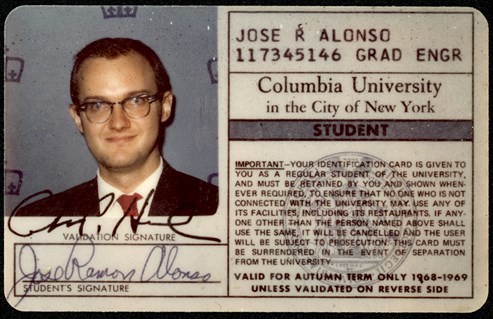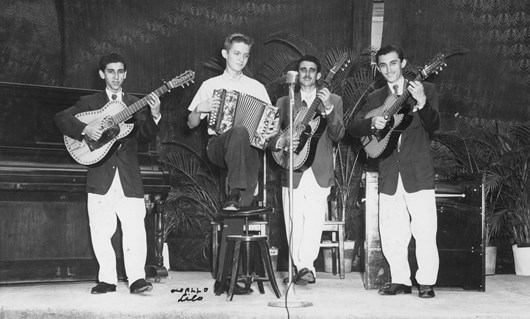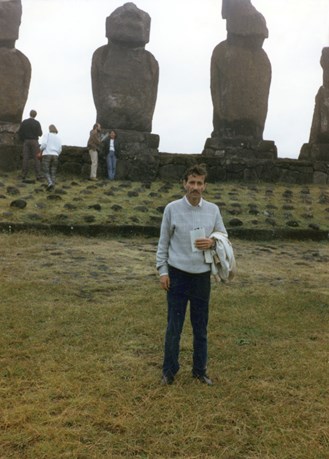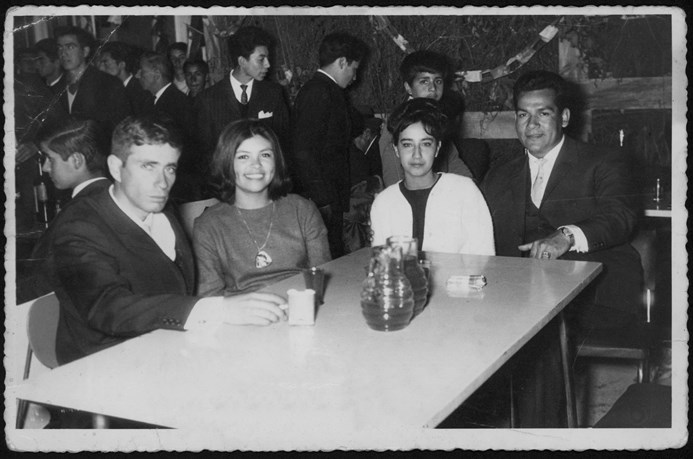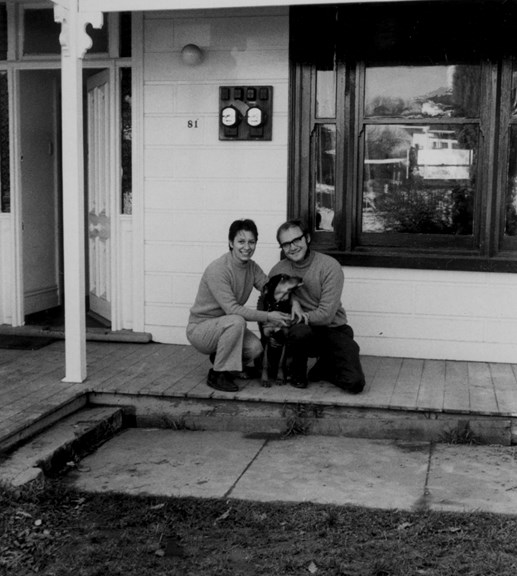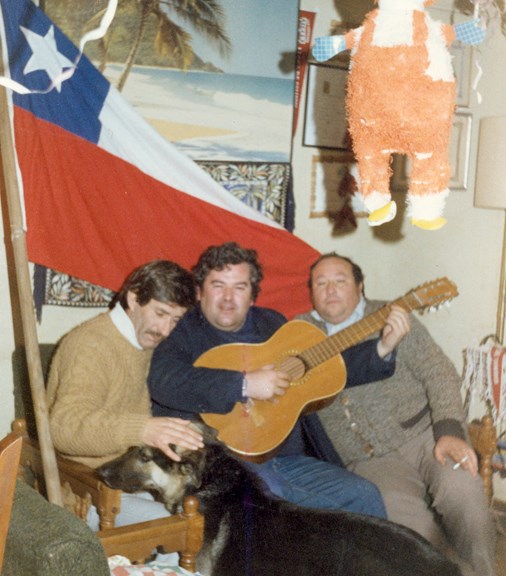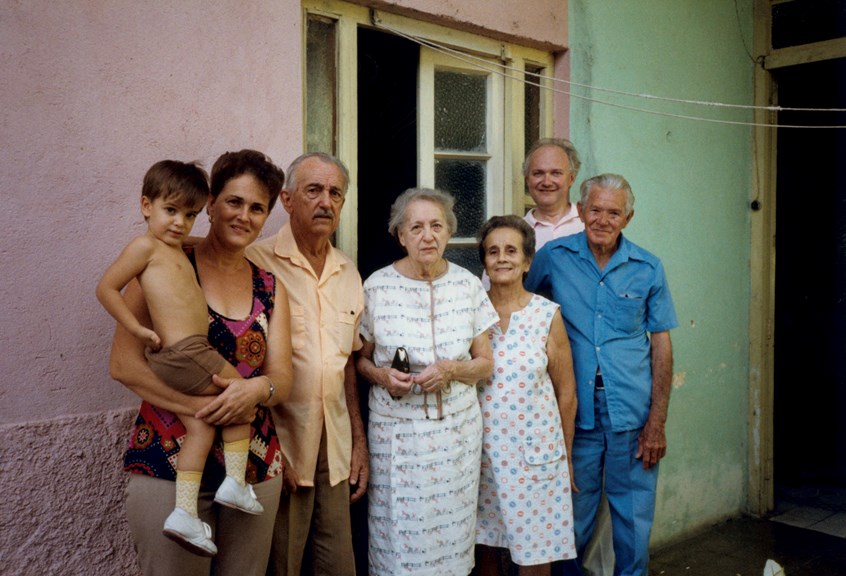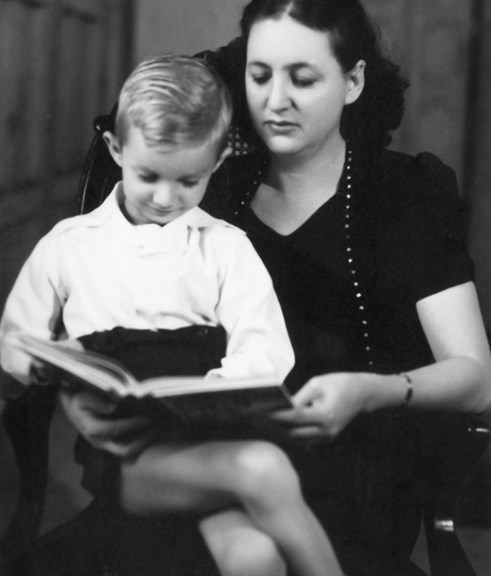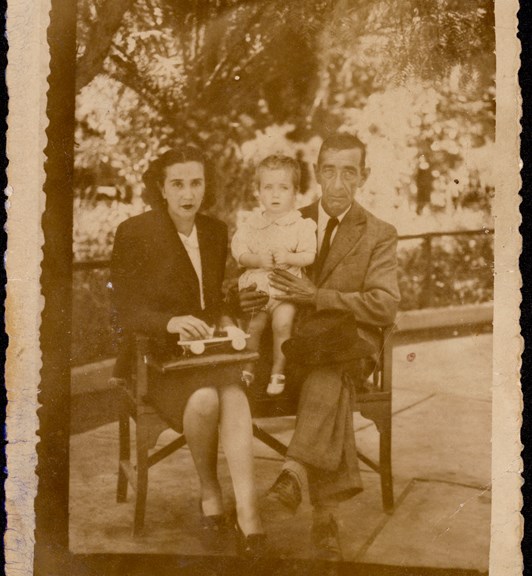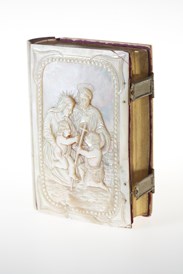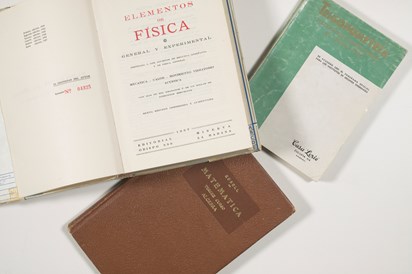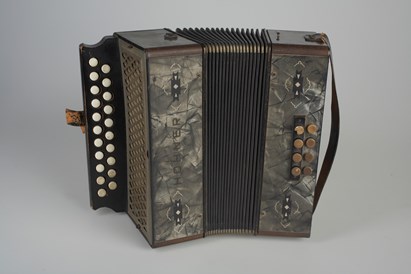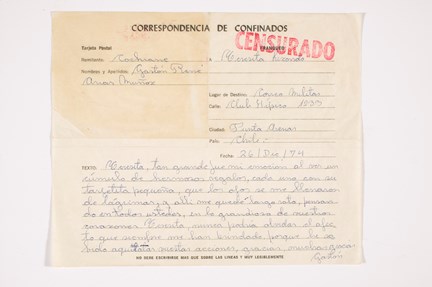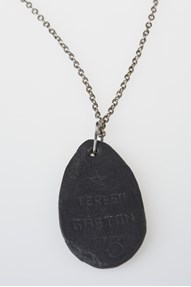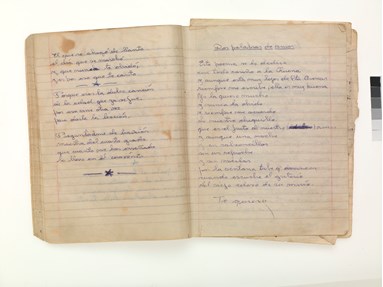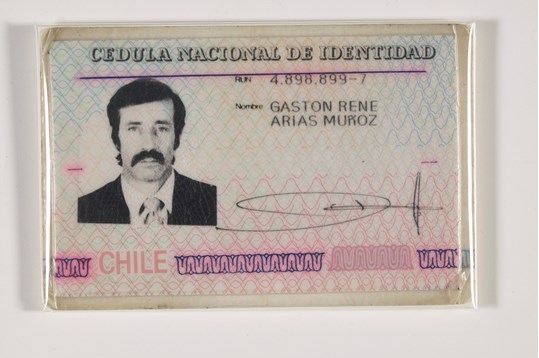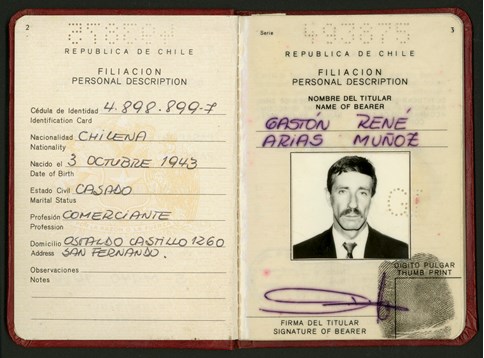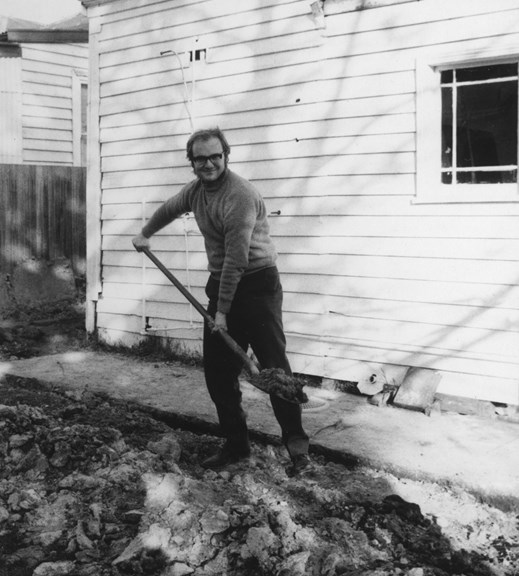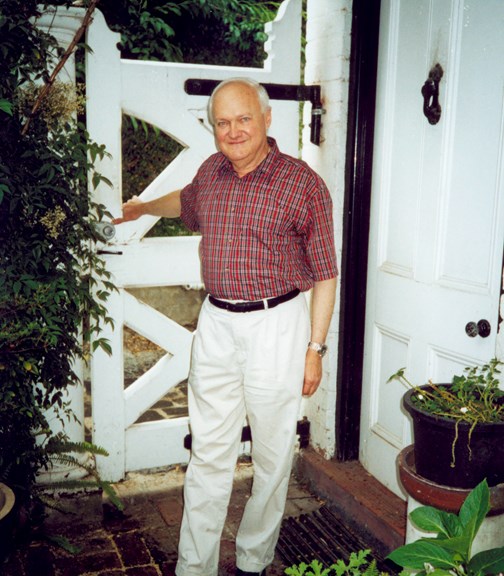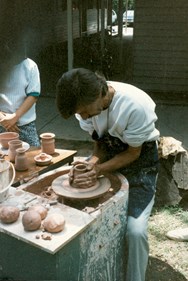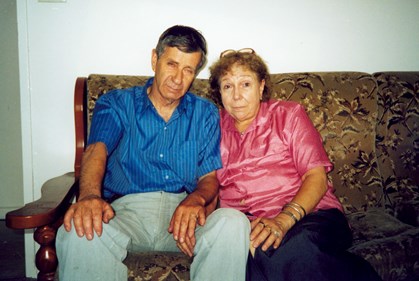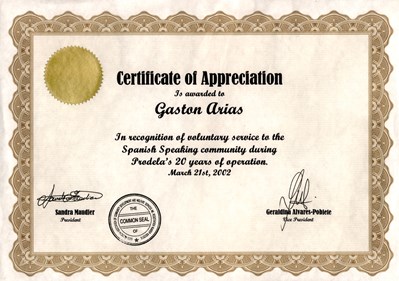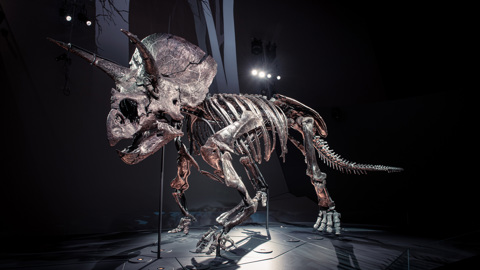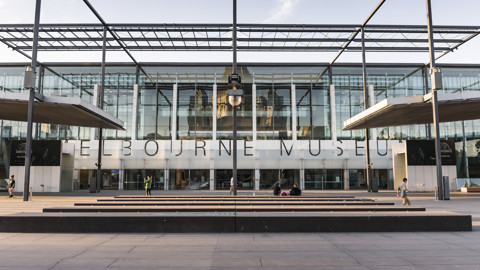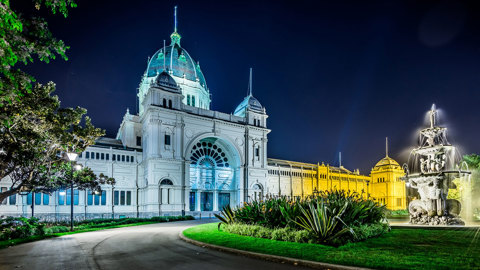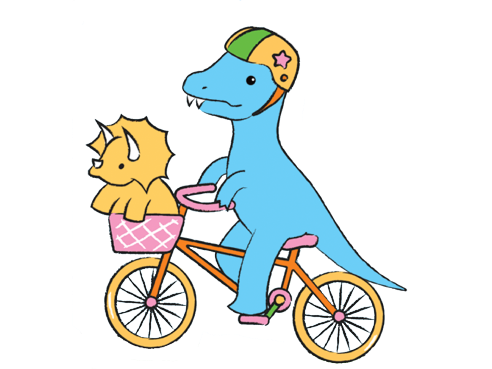Jose Alonso and Gaston Arias Munoz
Two men, born in the same year, on the same continent, speaking the same language. Two men who left the political turmoil of their beloved homelands to migrate to Australia. Yet their experiences could not be more different.
Jose Alonso
Jose Alonso was born in Sancti Spiritus, Cuba in 1943. His parents instilled in him the importance of a broad education and humanitarian social values.
In 1959, Fidel Castro took power and Jose remembers it as a ‘heady period’ – extremes of social reform and violence. It was at this time that Jose and his parents made a momentous decision – to send him to the United States to gain a university degree and job, probably never to return.
Having secured a teaching position in Melbourne in 1968, he migrated with his wife and child. They planned to stay for three years – they stayed for life.
Gaston Arias Munoz
Gaston Arias Munoz was born in Valparaiso, Chile in 1943. As a student with left wing political views in the southern city of Punta Arenas, he participated in the 1960s campaigns to elect the socialist Salvador Allende.
After the overthrow of the Allende government in 1973, Gaston was detained for three years, principally at the remote Dawson Island detention centre off the southern coast of Chile. He suffered torture and solitary confinement.
Unable to find his place in Pinochet’s Chile, Gaston finally migrated to Melbourne in 1987 through the humanitarian program. He has found some solace and strength by working with the local Chilean and Spanish-speaking communities, and in the love of a Uruguayan refugee.
Crossed paths, separate lives
Political turmoil and economic collapse swept across Latin America in the decades following the 1950s.
In Cuba, Fidel Castro forcibly took control of the Batista government and installed a communist regime. In Chile, Salvador Allende's socialist party, democratically elected to government in 1970, was overthrown in a violent coup in 1973.
These events were to have a profound and lasting impact upon Jose and Gaston.
Jose was the son of relatively wealthy parents, a lawyer and a teacher. While the family lost property in the new regime, they were in no danger. Jose, a gifted student, would have been sent to the Soviet Union or Czechoslovakia to study. The decision for him to leave Cuba was to enable Jose to determine the course of his own life.
Gaston found the late 1960s and early 1970s an exciting time of political change, and social and economic reform. Following the military coup, Gaston’s subsequent imprisonment and later branding as a 'criminal' for his political activities left him with no option but to leave.
For Jose, life had become an opportunity. When an offer came to work in Melbourne, he was ready for change and adventure with his young family.
For Gaston, life in Chile had become a closed door, with no job prospects, psychological trauma and a broken marriage.
Neither can return home permanently. Jose believes his life has changed too much to fit into the new Cuba. For Gaston the pain is simply too great.
Leaving home
Memories
Jose and Gaston carry with them potent memories of their homelands.
Jose says he is attached to 'a mythical Cuba that no longer exists,' a time of happiness and prosperity.
Gaston's memories are a complex fusion of an unhappy childhood, political euphoria and despair, and the trauma he tries to forget.
A difficult journey
Gaston was released from prison into the glare of Pinochet's Chile in 1976. His entire government file was missing, leaving him without an identity. He was not allowed to complete his qualifications.
Other members of Gaston's family had already migrated to Australia and his marriage to the girl he had written to in prison was on shaky ground. It was time to leave.
Starting over
Settling in
Jose adapted to Australian life with ease, enjoyment and independence, although the illness and death of his first wife was for him a dark period. He taught engineering and computer science at Swinburne University for over 30 years.
Jose keeps in close contact with his family in Cuba, has remarried, and has a passion for classical Cuban music.
An unsettling time
Gaston has struggled to settle into life in Melbourne. He has found English difficult to master. He has completed many courses but has been unable to secure permanent employment, and continues to battle with his trauma and memories.
Despite this, Gaston is an active participant, broadcaster and spokesperson in Melbourne's Chilean and 'Spanish-speaking' communities.
See the exhibition
Immigrant Stories is now showing at the Immigration Museum.
